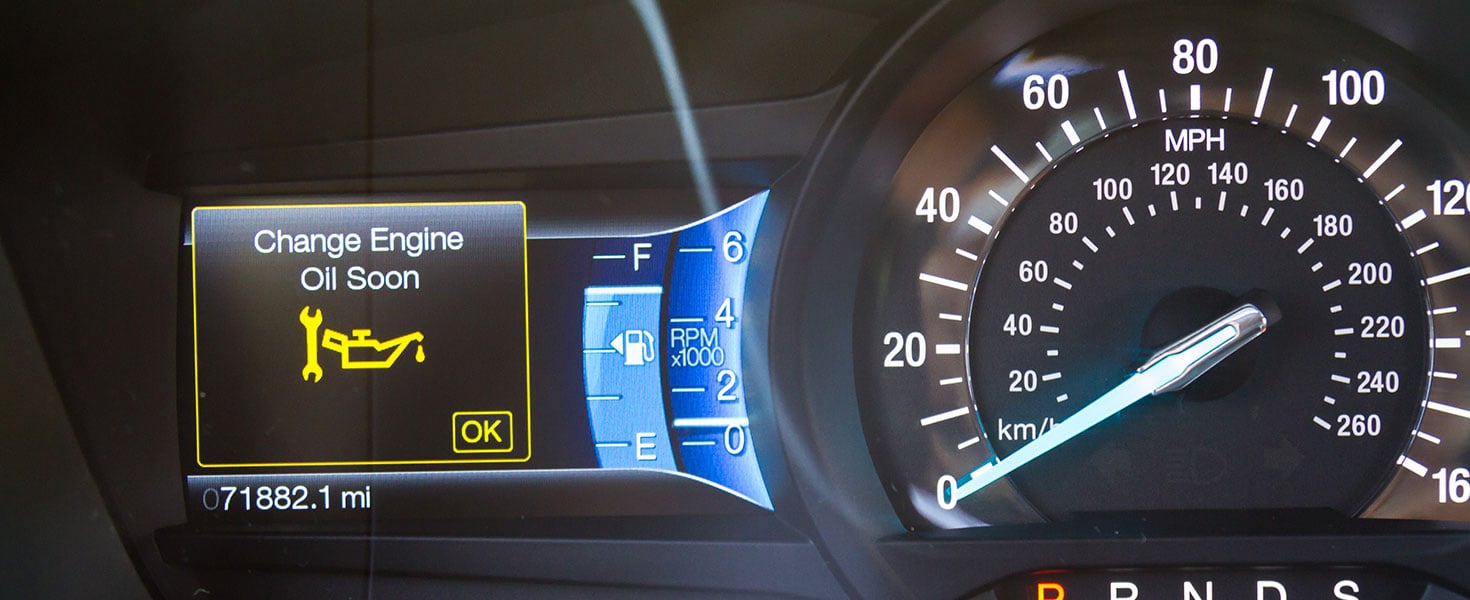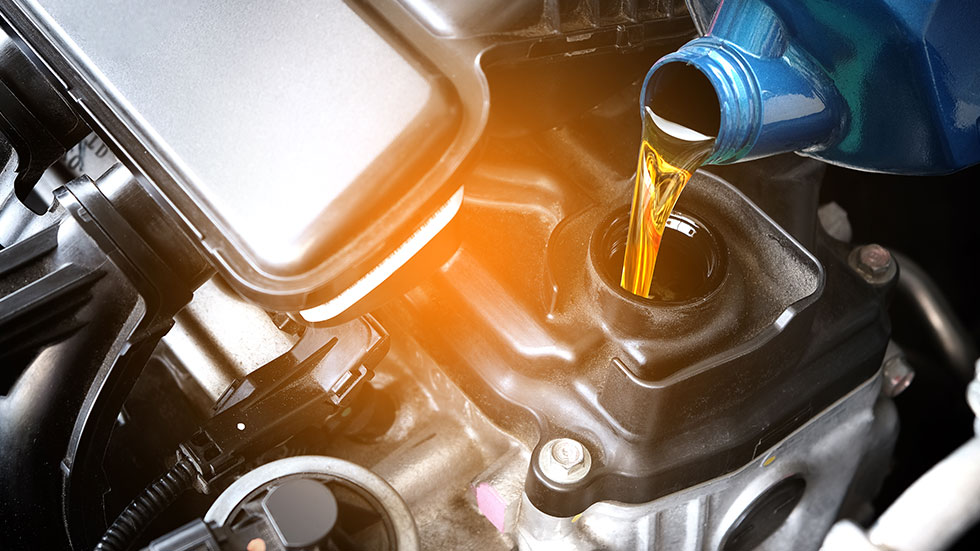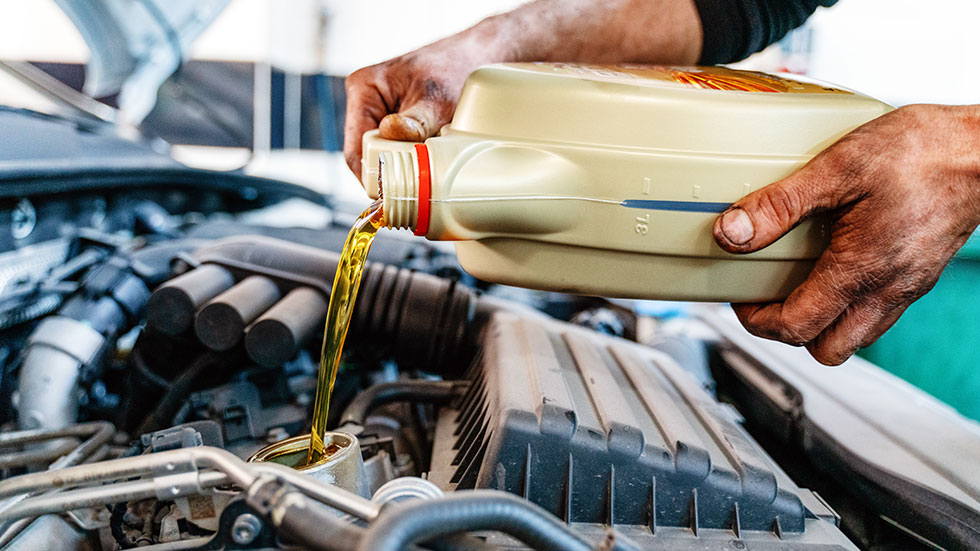Picking the Right Oil for Your High-Mileage Vehicle
Options and advice on what oil to use


When it comes to oil changes and the motor oil you put in your vehicle, it can be easy to become overwhelmed by the many mix options and sales messages flooding the market. It’s not surprising that many drivers have difficulty discerning a true oil change benefit from simple marketing fluff.
In this article, we'll explore a little bit about what makes up different kinds of oils, and the costs and benefits of each, as well as what type of oil you should consider putting into older, high-mileage (150,000+ miles) vehicles.
Conventional vs synthetic blend vs full synthetic
Although all oils have a base of refined petroleum from the earth, only synthetic blends and full synthetic oils include man-made additives and engineered compounds designed to increase performance, longevity, and lubrication efficacy. Almost all older vehicles from the 1990s and earlier feature engines designed to use conventional oils whereas newer vehicle motors are engineered to use synthetics from the outset.

What are the advantages to synthetics?
In all vehicles over time, engine oil will lose some of its lubrication properties and its active components will begin to break down or evaporate. The additives in synthetics combat this process, extending the useful life of the oil. Usually, synthetics can be expected to last 7,500-10,000 miles or 6-12 months before needing a change. The common wisdom with conventional oils is to change the oil every 3,000-5,000 miles.

Can synthetic oils damage my high-mileage vehicle?
The short answer to this question is no, synthetic oils will not damage your high-mileage vehicle. Older cars and trucks, while designed for use with conventional oils, can run synthetics just fine, provided the engine has been properly maintained and is in good working order.
The myth that synthetic oils damage or eat away at old gaskets may come from their ability to fill smaller nooks and crevices within older motors as well as their superior ability to remove harmful engine deposits more thoroughly. It’s not uncommon for older motors to have loose-fitting gaskets with areas where old engine deposits allow the gasket to maintain its seal and keep functioning. So, when drivers switch from a conventional to a synthetic in older vehicles and these deposits are washed away, that’s when drivers find oil drips in their parking spots indicating some leaking gaskets. These problems are merely being pointed out by the synthetic, not caused by it. This is also why some mechanics will recommend sticking with a conventional oil on older, high-mileage vehicles.
Of course, drivers considering switching from conventional to synthetic in their older, high-mileage vehicle would do well to discuss the move beforehand with a trusted mechanic. Not only will they be familiar with your vehicle, but they can also recommend a course of action that will preserve your vehicle the longest. While a synthetic oil poses no threat to a properly maintained engine with fresh gaskets, it may reveal problems in other vehicles that drivers aren’t ready to address.

How long can I go between oil changes?
For true metrics on how far or how long you can go between oil changes, the best, most trustworthy place to look is your vehicle owner's manual. These specs will be direct from the minds who engineered your vehicle and its motor, so their service intervals should be adhered to as strictly as possible. Try not to be fooled by clever marketing messaging and always try to have your oil changed as close to the recommended window as possible. Too late and you could be contributing to the premature wearing out of critical engine components leading to expensive repair bills. Conversely, change your oil early (before 5,000 miles) and you'll be incurring extra cost while not adding any discernable benefit to the performance or maintenance of your vehicle.
Finally, don’t be fooled by gimmicky or flashy additives saying they will "enhance" your performance or scrub away engine deposits. Not only does the oil you use come specially blended with its own additives for precisely the same reasons, but adding additional chemicals to your existing oil may harm its efficiency and ruin its chemical balance.
